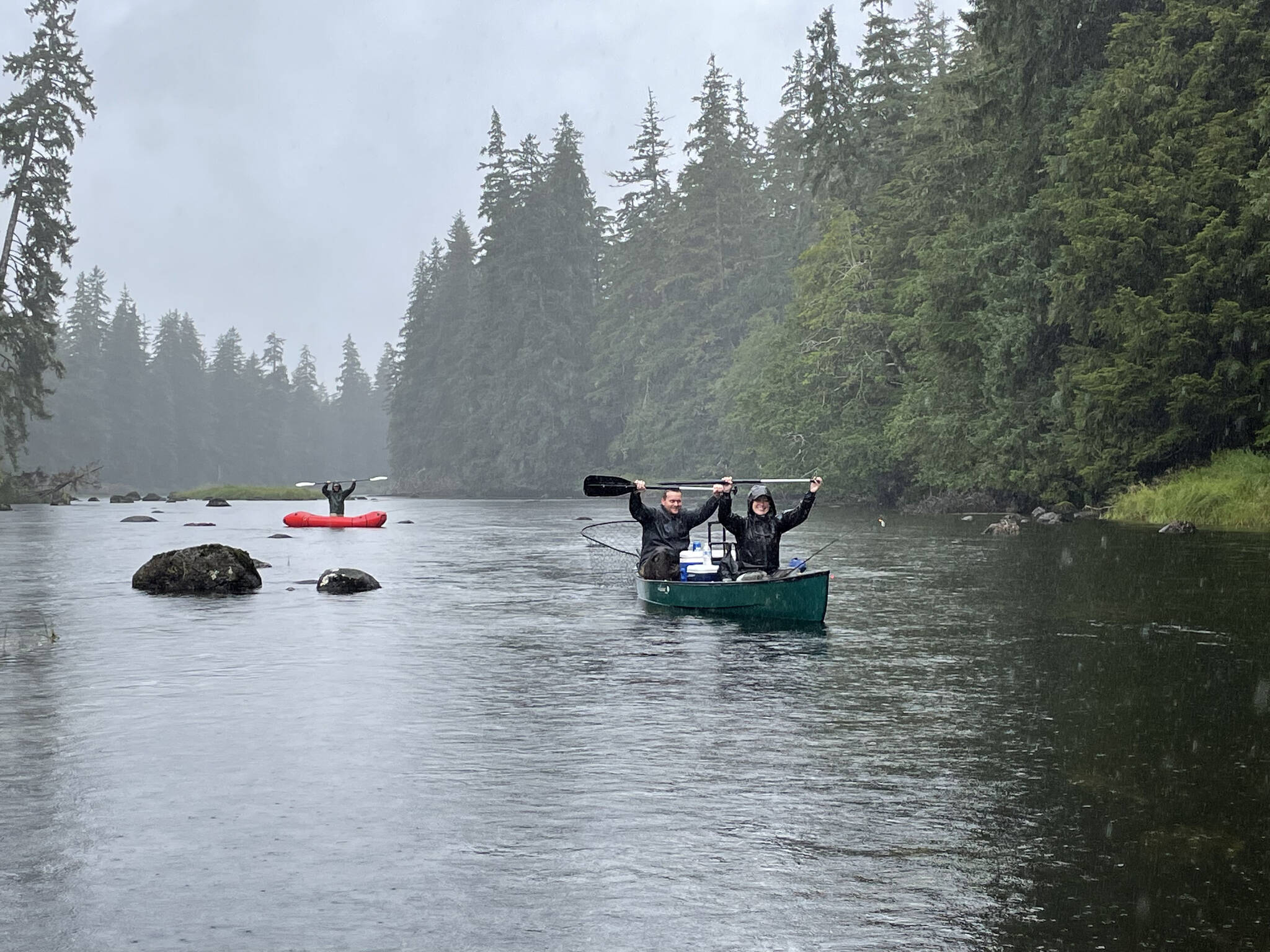There are two types of climate change.
There is the climate change of the opportunistic, power-hungry fear-mongers who leave trails of private plane exhaust around the globe and whose life will not change regardless of action on behalf of the planet. Change is for this person to talk about, benefit monetarily from, but not actually have to do anything different.
This climate change is about self-righteous lecturing and does not exist within the realm of reality. It exists as though things like logging are for recreation, like shooting hoops, and electric cars run off the Right-Side-Of-History Enthusiasm.
Then there is the rebranded climate change of the user groups aware of the need to be stewards of Earth and what happens when we aren’t. It’s not a simplistic, one problem, one solution discussion and it’s not devotion to dogma. It starts with looking at a glacier, seeing where it was, seeing where it is, and wondering what’s going on and what can we do.
It is the climate change of fishermen who worry about ocean acidification, threats to spawning grounds in addition to simple return numbers. (Side note: How long will trawlers be allowed to decimate fish populations? Look at the Atlantic Cod populations for a preview of what’s coming. If fish is a low-carbon food, then populations must be protected and the sickening bycatch issue addressed.)
It is the climate change of anglers who welcome less snow and warmer temperatures during winter, but know what happens when there isn’t enough snow left to melt and fill the rivers next spawning season. Too little water means too little oxygen and neither are good for salmon. Plus, no one in Southeast Alaska wants to be forced to pray for rain.
It’s the climate change of the person who wonders why the sockeye return has been so good in Bristol Bay and was incredible on the Kenai this summer, while the Kings have gone missing.
It’s the climate change that isn’t specific to just carbon and temperature. It’s about awareness. It’s an understanding of habitat and that clearing debris and snags because they attract your flies and lures is removing important habitat for the next generation of salmon. Riverbank and riverbed protection is not political.
This attention to how things work, cause and effect and user group impact can be productive.
It’s not about blaming or shaming, it’s about declaring we can do better, then doing something about it.
It is the climate change of those who are convinced humans have something to do with it, and are open to ways we can keep our home clean, but don’t trust suits in Washington, D.C. to come up with the best, or only, way.
Most of us are in a state of fluidity. Conflicted by complexity back and forth across traditional party lines and uncomfortably aware of the hypocrisy of failing to do so.
Rather than quietly wonder who’s full of hot air and who’s not, some get busy. That’s the climate change of ideas, not bumper stickers because good ideas are good ideas, no matter how that person voted.
It’s about reusable water bottles, but also energy-efficient homes and locally grown produce from hydroponic farms.
The traditional people of this land had it right – hunt your food, gather your food, grow your food and find ways to work together.
• Jeff Lund is a freelance writer based in Ketchikan. His book, “A Miserable Paradise: Life in Southeast Alaska,” is available in local bookstores and at Amazon.com. “I Went to the Woods” appears twice per month in the Sports & Outdoors section of the Juneau Empire.

